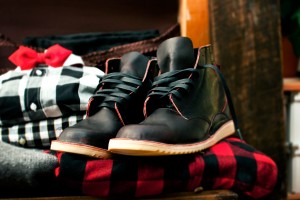IF TOMS SHOES giving free footwear to shoeless Africans seems a little problematic, how about another shoe company trying to make a difference, well…differently?
Matador: Can you tell me a bit more about how you have embedded the company in local structures and economics, and what informed this approach?

